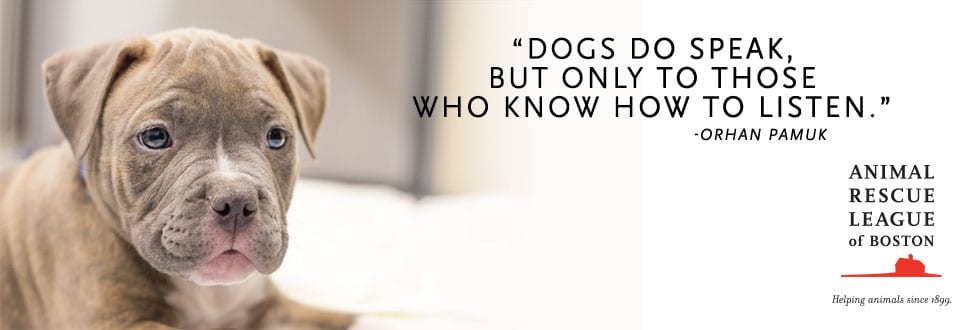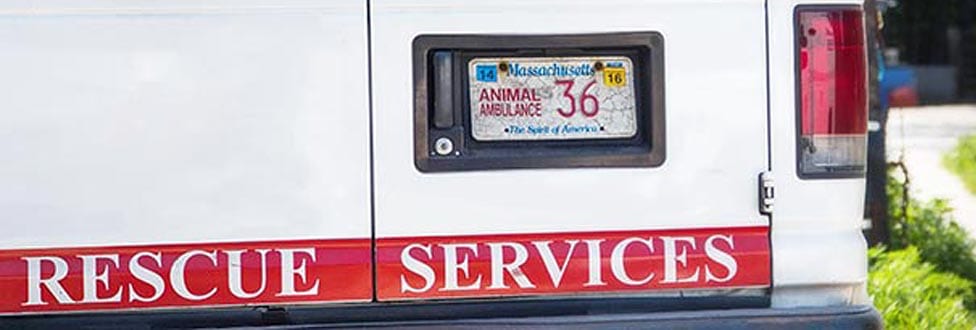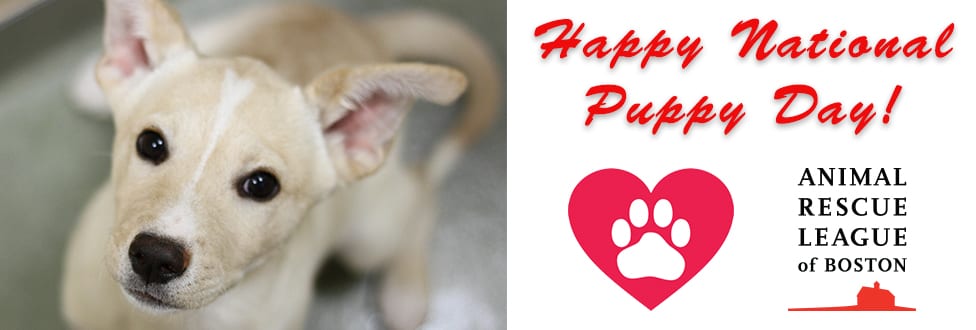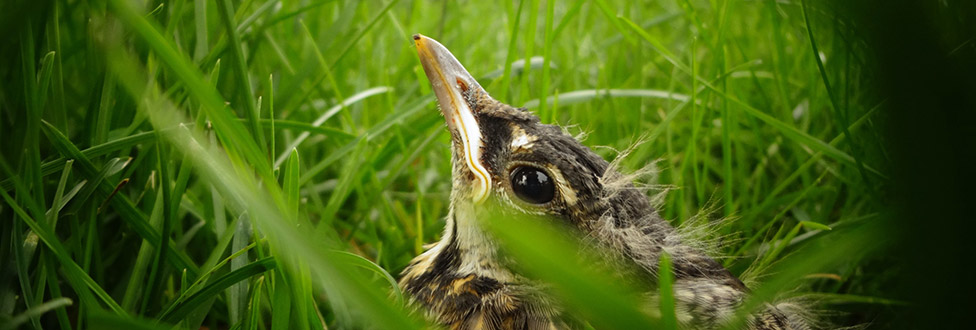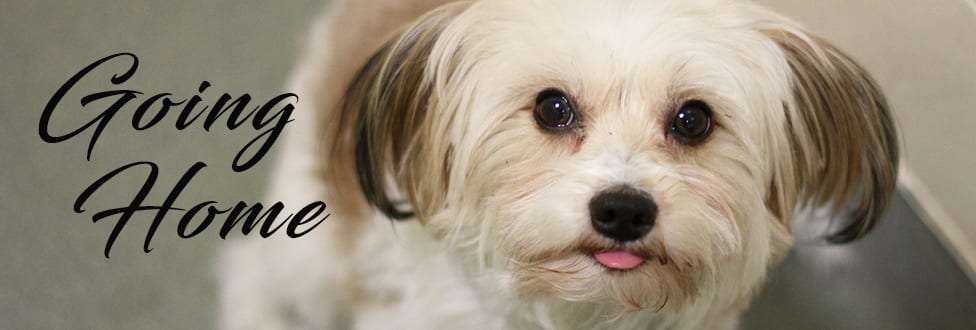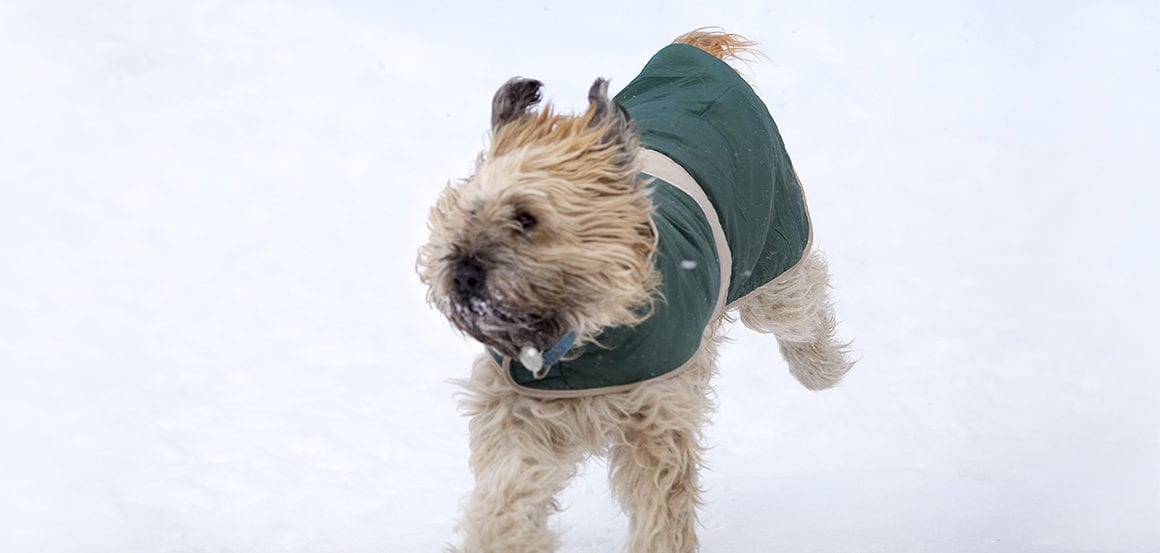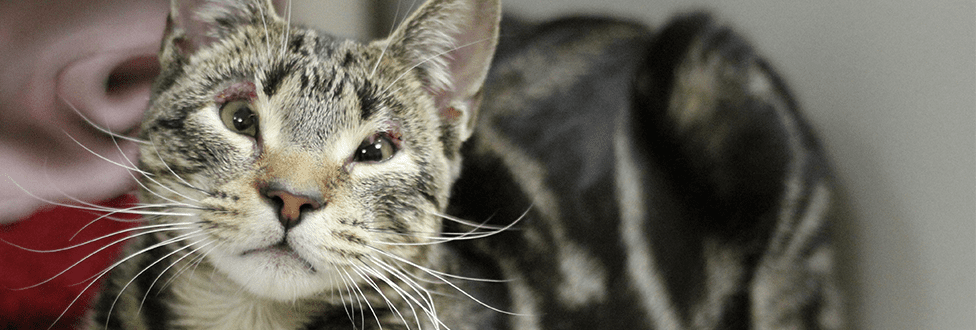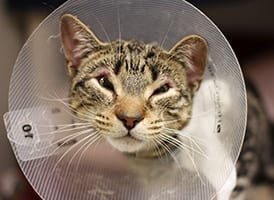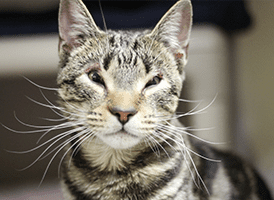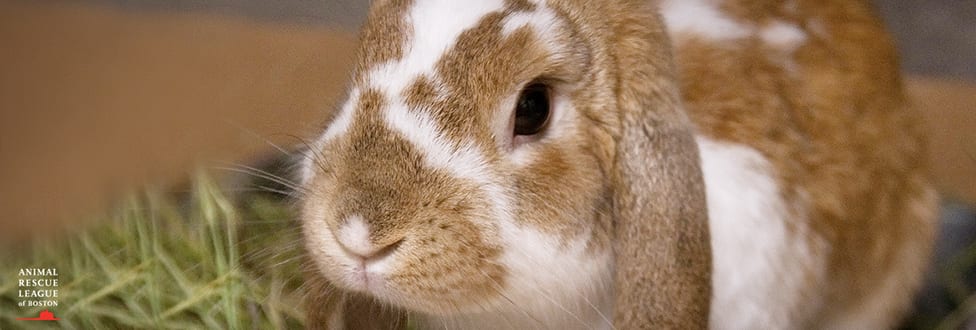Update on Westport Farm Case
UPDATE: Attorney General Announces Indictments for 27 Individuals in New England’s Largest Animal Cruelty Case
In July 2016, the Animal Rescue League of Boston’s (ARL) Law Enforcement Department, staff, volunteers, along with other humane organizations and law enforcement departments, helped remove more than 1,400 animals living in unimaginable conditions on a 70-acre property in Westport, MA.
What followed was the largest animal cruelty investigation in New England history, and today Massachusetts Attorney General Maura Healey announced the indictments of 27 people facing a collective 151 counts of animal cruelty.
The indictment returned by a Statewide Grand Jury on Thursday is the result of a collaborative investigation involving ARL, Westport Police, Massachusetts Environmental Police, the Massachusetts Department of Agricultural Resources (MDAR), and the American Society for the Prevention of Cruelty to Animals (ASPCA).
ARL Investigator Lt. Alan Borgal was one of the first on-scene at the Westport Farm.
“This situation is unparalleled to anything I’ve seen in my 37 years as an animal law enforcement officer,” Borgal said. “The sheer number of animals in dire need of care, and the cruel and unsanitary conditions we found were deplorable. It took an all-out effort of state and local officials along with multiple humane organizations to get all those animals out of that horrible situation.”
Property owner Richard Medieros is facing 21 counts of animal cruelty, and all but two of the defendants are facing more than one count of animal cruelty.
“Hundreds of animals on this farm were kept in deplorable and dangerous conditions, with inadequate food, water, or shelter, many of them suffering from severe health ailments that required them to be euthanized,” said AG Healey. “As a result of our investigation, the owner of this farm and its tenants will be held responsible for the inhumane treatment of these animals.”
The defendants are expected to be arraigned in Bristol Superior Court at a future date.



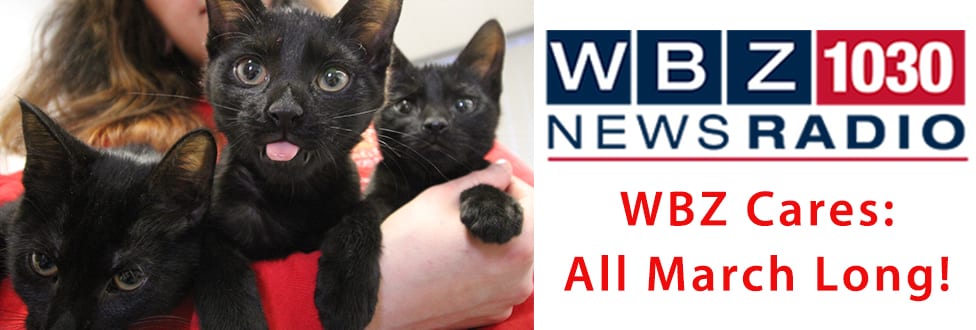
 In 2016, ARL served more than 17,800 animals throughout Massachusetts.
In 2016, ARL served more than 17,800 animals throughout Massachusetts.